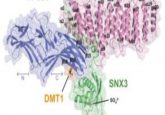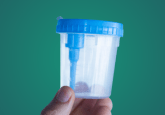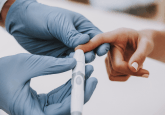Reduce, reuse, bio-recycle: wax worm saliva capable of plastic degradation
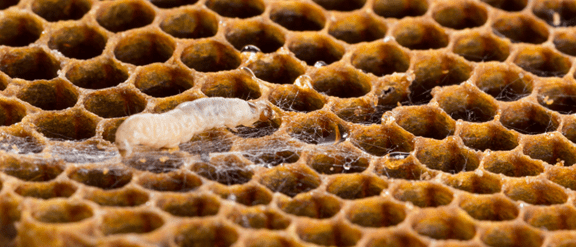
Enzymes discovered in wax worm saliva show potential for large-scale plastic biodegradation.
Naturally occurring enzymes found in wax worm saliva have been shown to degrade polyethylene within a few hours of exposure at room temperature by researchers at the Margarita Salas Biological Research Center (Madrid, Spain). The use of biological systems to recycle plastic waste byproducts – ‘biodegradation’ – offers a new route to help alleviate plastic waste pollution and outperforms traditional management strategies, which are limited by efficiency and energetic cost.
Production and accumulation of plastic waste is causing global ecological degradation and, currently, mechanical recycling is the only solution being utilized on a large scale to tackle this issue. Recycling plastics not only enables environments to recover by removing pollutants, but also releases large reservoirs of carbon, which can be utilized for alternative processes. However, many plastic types such as polystyrene and polyvinylchloride are unsuitable; even plastics that lend themselves to mechanical recycling such as polyethylene (PE) produce relatively low-quality secondary products, making this an unattractive solution.
An alternative solution is chemical recycling, which involves the decomposition of polyolefin-derived plastics to allow for utilization of the intermediate products. However, the high energetic cost of degradation currently limits chemical recycling’s large-scale application.
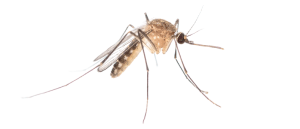 Mosquito saliva may hold the answers to tropical disease vaccine development
Mosquito saliva may hold the answers to tropical disease vaccine development
A molecule in mosquito saliva has been identified as a potential vaccination target, providing protection against viruses that cause Dengue and Zika.
Biodegradation provides another strategy for disposing of plastic residues. These reactions are catalyzed by enzymes in vivo or in vitro and require the addition of oxygen into the polymeric chain, causing carbonyl groups to form and slice the long hydrocarbon chains. This initiates the formation of smaller molecules, which can be metabolized by microorganisms. However, this process currently relies on abiotic oxidation of PE polymers via light or temperature before degradation can occur.
Two enzymes found in the saliva of wax worm (Galleria mellonella) larvae have been found to oxidize PE after just one hour of exposure, making it the fastest known biological agent able to chemically modify PE. Wax worm saliva, termed GmSal, is not constrained by the initial oxidation step that limits current plastic biodegradation. GmSal also works at room temperature in aqueous solution with a neutral pH, making it suitable for environmental application.
The authors commented: “To the best of our knowledge, these polyethyleneases are the first enzymes capable of producing such modifications on a polyethylene film working at room temperature and in a very short time.”
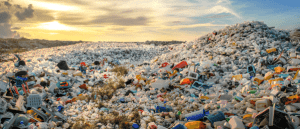 Can we worm our way out of the plastic predicament?
Can we worm our way out of the plastic predicament?
‘Superworms’ acting as mini plastic recycling plants could pave the way for a process scale-up to life-size recycling plants.
The molecular weight of PE before and after treatment with GmSal was analyzed using high temperature gel permeation chromatography. After a few hours, the appearance of small compounds indicated the breakage of the hydrocarbon chains. Degradation products, such as small oxidized aliphatic chains, were detected using gas chromatography mass spectrometry, which confirmed that larvae secretions had caused the breakage of the polymer into shorter molecules.
The changes observed in the PE in a few hour-long applications were comparable to those which would be generated after months or years of environmental weathering. Utilization of naturally occurring animal enzymes for biodegradation without the need for pre-treatment offers a promising new route for the management of plastic waste.

